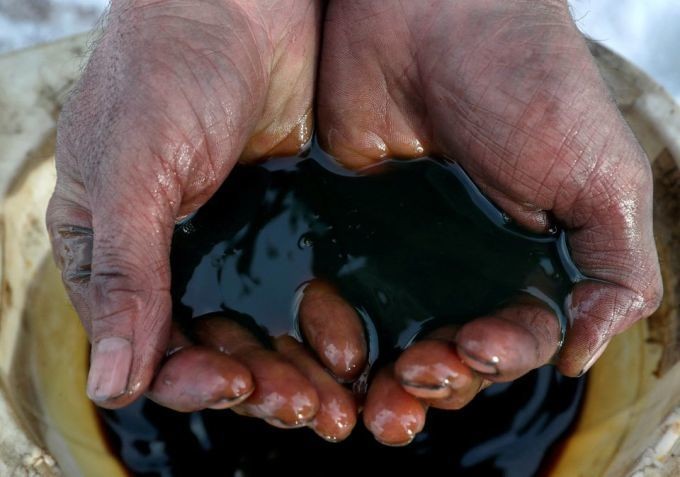 |
| A sample of crude oil at the Yarakta oil field, Irkutsk region, Russia. (Source: Reuters) |
This information was provided by US Deputy Treasury Secretary Wally Adeyemo in a speech on June 15th.
According to this official, last year, when the Group of Seven leading developed economies (G7), the European Union (EU), and Australia announced an ambitious plan to curb Russian oil prices, US officials argued that the plan would deal a severe blow to the Russian economy.
From December 5, 2022, the group imposed a price ceiling of $60 per barrel on Russian crude oil. The aim was to limit Moscow's financial capacity for its military campaign in Ukraine. Western insurance and shipping companies were also prohibited from providing services for Russian oil and oil products unless the oil was purchased at or below the price ceiling.
Wally Adeyemo said: “In just six months, the price ceiling has contributed significantly to a reduction in Russia’s revenue at a critical juncture in the special military operation in Ukraine. Nearly 50% of Russia’s oil revenue has fallen compared to a year earlier.”
Beyond price controls, allied nations "attacked" the Russian economy with thousands of sanctions throughout the nearly 16 months of the military campaign. These sanctions targeted banking and financial transactions, technology imports, manufacturing, and Russians with ties to the government.
In response, Russian President Vladimir Putin issued a decree banning the supply of crude oil and oil products for five months, starting February 1st, to countries that apply price caps.
In addition, to improve their financial situation, Russian authorities are considering passing a draft law imposing an additional income tax on large Russian companies. This tax would target companies with annual profits exceeding 1 billion rubles ($11.9 million) since 2021.
The US Deputy Treasury Secretary said the plan is evidence of the success of measures to limit oil prices.
He said: “Price caps on oil will restrict Russian oil companies in the future, leaving them with less money to invest in exploration and production. This will, in turn, reduce the production capacity of the Russian oil industry.”
Lauri Myllyvirta, an analyst at the Finland-based Centre for Research on Energy and Clean Air (CREA), noted that while price caps have impacted the Russian economy, the EU's oil import ban has also hit the country's oil revenues.
Last year, the EU announced a ban on imports of Russian oil and other products from Russian refineries. And in February, Europe further imposed a ban on Moscow's diesel fuel.
However, Myllyvirta believes that the ceiling is still too high and that the EU ban is working better.
In response to sanctions, Russia has cut oil production and announced this month that it will extend the cuts by another 500,000 barrels per day until the end of December 2024.
Russian Deputy Prime Minister Alexander Novak wrote on the government website: "This is a precautionary measure, taken in coordination with the countries of the Organization of Petroleum Exporting Countries (OPEC) and partners (OPEC+)."
But experts suggest that these voluntary cuts may also be partly due to weakening demand.
According to the International Energy Agency (IEA), global oil demand growth is expected to almost halt in the coming years and peak within this decade.
The IEA believes that the transition to a clean energy economy is accelerating. Global oil demand could peak this decade thanks to electric vehicles, fuel efficiency, and other developing technologies.
The agency forecasts: "Oil demand growth is expected to slow from 2.4 million barrels per day this year to 400,000 barrels per day in 2028."
Source


![[Photo] Prime Minister Pham Minh Chinh attends the Conference summarizing and implementing tasks of the judicial sector.](/_next/image?url=https%3A%2F%2Fvphoto.vietnam.vn%2Fthumb%2F1200x675%2Fvietnam%2Fresource%2FIMAGE%2F2025%2F12%2F13%2F1765616082148_dsc-5565-jpg.webp&w=3840&q=75)





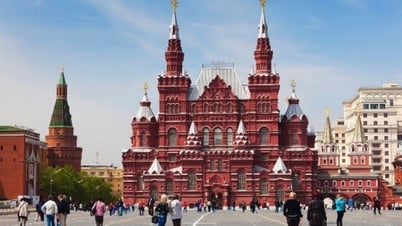
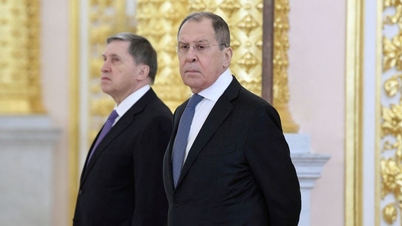
















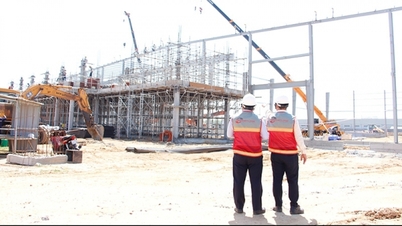
























































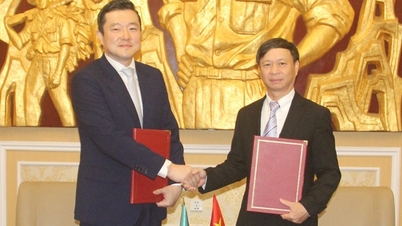

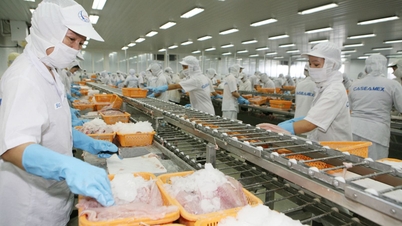























Comment (0)